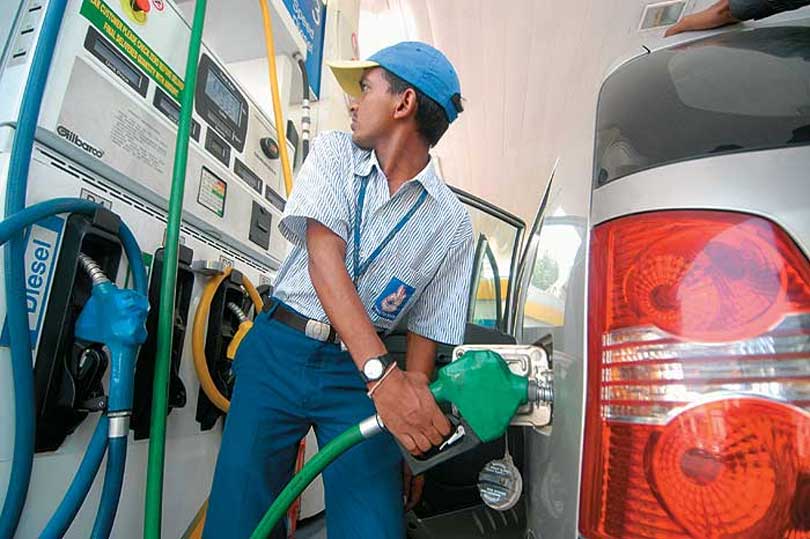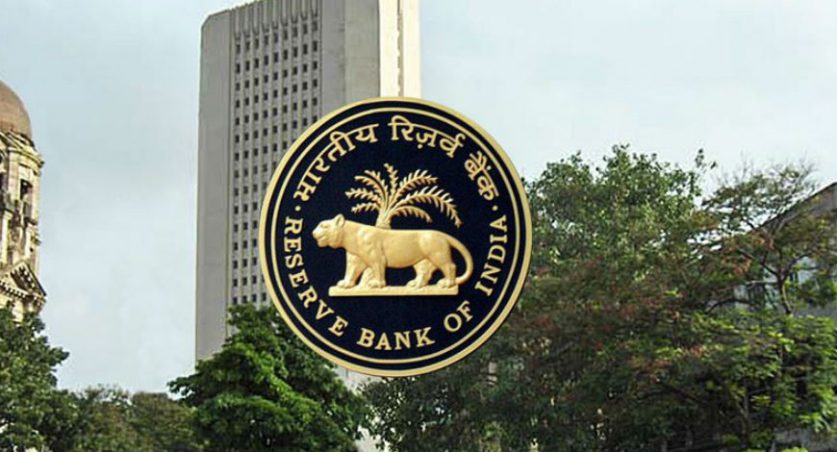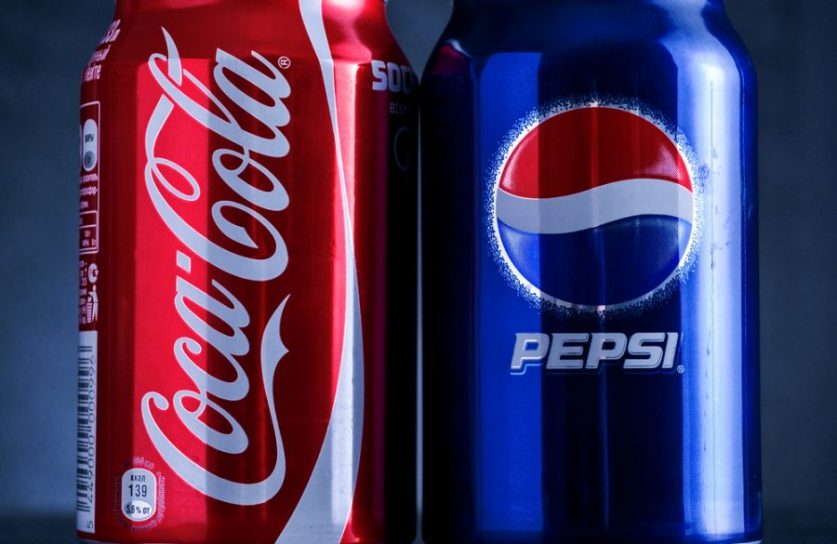Petrol Pump Frauds: 5 Types You Need to Know About
Petrol pumps fraud can happen in many ways and it’s important to know what they are so you don’t get caught out by them. You should be aware of the five most common petrol pumps frauds so you can stay protected when buying petrol and other petroleum products like diesel and lubricants. Here are the 5 most common types of petrol pump frauds that happen in India
Petrol Pump Scams #1 – Tampering With the Meter
According to a report by Hindustan Times, an investigation carried out by a team of officials from Chandigarh and Ludhiana found that one out of every three petrol pumps in Delhi has tampered with its gas-meter. While meters are most commonly tampered with at night, even during day time pumps get away tampering with it. But these pumps generally keep higher margins when compared to others as they have no competition nearby. To avoid getting cheated at such places better take a look at meter while filling your car and make sure it is not tampered with before you start filling your vehicle.
Petrol Pump Scams #2 – Wash Sales
If a petrol pumps dealer is involved in wash sales, he or she will claim input tax credit on a transaction that doesn’t actually qualify for it. For example, if you purchase ₹1,000 worth of goods but get only ₹900 in change, that change belongs to you and not your seller. In order for an actual sale to take place, you have to receive full value from your seller (the ₹1,000). If you are missing something from what was given—in other words, if there was no actual sale—then you can’t claim input tax credit.
Petroleum Product Theft by Employees
This is one of the most common forms of petrol pump frauds. The employee steals product or under-dispenses, puts it in a container, and then replaces it with water. This is generally easy to do in large filling stations that have multiple pumps and are busy—no one notices that employees are doing anything wrong. However, a dishonest employee can’t steal too much product at once because they need to fill customer tanks and keep business going. Therefore, theft at petrol stations tends not to be massive—at least not on its own; shoplifting isn’t usually enough of a profit center on its own.
Liquefied Petroleum Gas (LPG) Theft
When LPG and CNG cylinders are stolen from vehicles, they are often then used in auto-rickshaws or taxis, and sold to local shops. At such places, you could end up paying for a full cylinder with only 20% fuel inside! Before buying LPG, always ask whether you’re allowed to check it yourself—in some cases you’ll be able to get a partial refund if it doesn’t contain enough gas. Similarly, before purchasing gas from an auto rickshaw driver or a shopkeeper who offers low prices for petrol (or CNG), make sure that what you’re getting is real and fresh.
Cheating Through Sticker Overcharging
At petrol pumps, you have to pay for petrol after seeing its price on a digital display. However, stickers pasted on petrol pumps can be very misleading and cheat customers. The sticker prices tend to be higher than what is displayed on digital boards. This is a common phenomenon at many petrol pumps across India, especially in areas that are not well-lit or are otherwise open to manipulation at night. Recently, a petrol pump owner was arrested for pasting fake stickers that showed an inflated price on an illuminated signboard outside his station and charging more from his customers when they came in during night hours. So be sure you take a look at both while filling up your car’s tank; you don’t want anyone cheating you out of rupees without your knowledge!

Recent Post
What is The Meaning of a Medusa Tattoo?
January 9, 2025
The Meaning of Encanto in Spanish and Origin
January 4, 2025
Equivalent Phrases For “Including But Not Limited To”
December 30, 2024
How To Make Weekend Greetings More Fun?
December 30, 2024
10 Modern Sayings Similar To “Be There Or Be Square”
December 30, 2024









